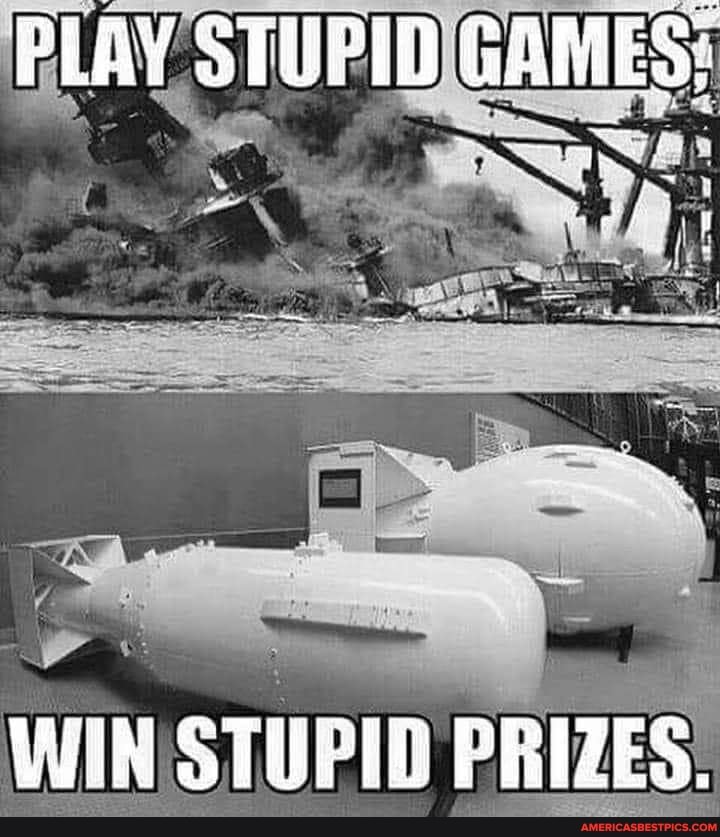Mushroom
Gold Member
- Dec 31, 2012
- 6,179
- 2,788
"In the 1930s, both the United States and Britain refrained from targeting civilians in wartime bombings regarding such actions as savage and ruthless. ....” President Franklin Roosevelt spoke to the issue as well calling civilian bombing “inhuman barbarism.”
And the general term used in cases like that is "reciprocity". Both sides in all theaters promised to not target civilian centers, as well as not use chemical weapons, and all other things in the Geneva and Hague Conventions.
However, that broke down, almost always by the Axis powers. Germany started targeting civilian centers in England, specifically their massive bombing raids on London. And once they started doing that, the Allies started responding in kind.
Japan never refrained from bombing civilians. Starting in China even before they pulled the US into the war. This was spectacularly ignored when General MacArthur declared Manila an "open city", and that there would be no defensive action taken as the Japanese moved into it. However, Japan ignored that and not only bombed it mercilessly, they also assaulted the city and swept it clean, just as they had done previously in China. Total deaths (including the execution of POWs, and over 60,000 civilians needlessly killed) resulted in Commanding General for the attack and occupation General Tomoyuki Yamashita being tried and convicted of war crimes, and executed for them.
It is rather stupid for people to cry over the deaths of "innocent civilians" in Japan, when they themselves killed millions in exactly the same way. Purposefully bombing civilian areas that really did have no military presence or activities at all. Or bombing and assaulting civilian cities even after they had been declared "open" and they could walk in with no resistance.
So yes, when one side does that, the other tends to do the same thing. However, Hiroshima and Nagasaki were both major military centers.

